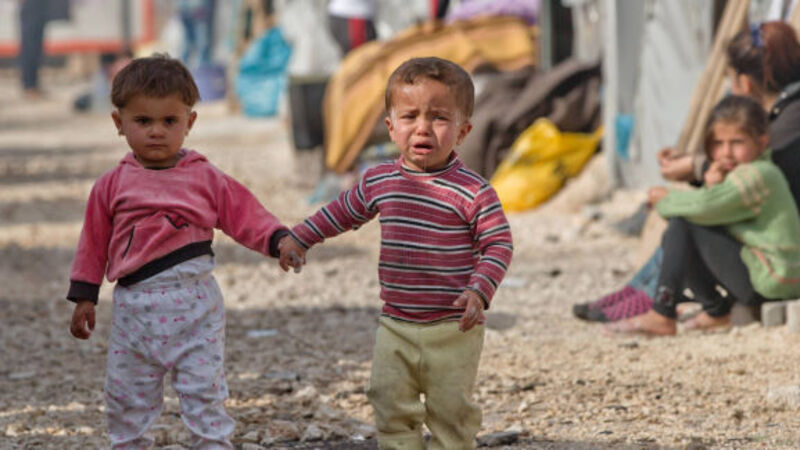UN: 15m children affected by conflicts

Unicef executive director Anthony Lake said the high number of crises meant many of them were quickly forgotten or failed to capture global headlines, such as in Afghanistan, Democratic Republic of Congo, Nigeria, Pakistan, Somalia, Sudan and Yemen.
Globally, Unicef said some 230m children were living in countries and regions affected by armed conflict.














